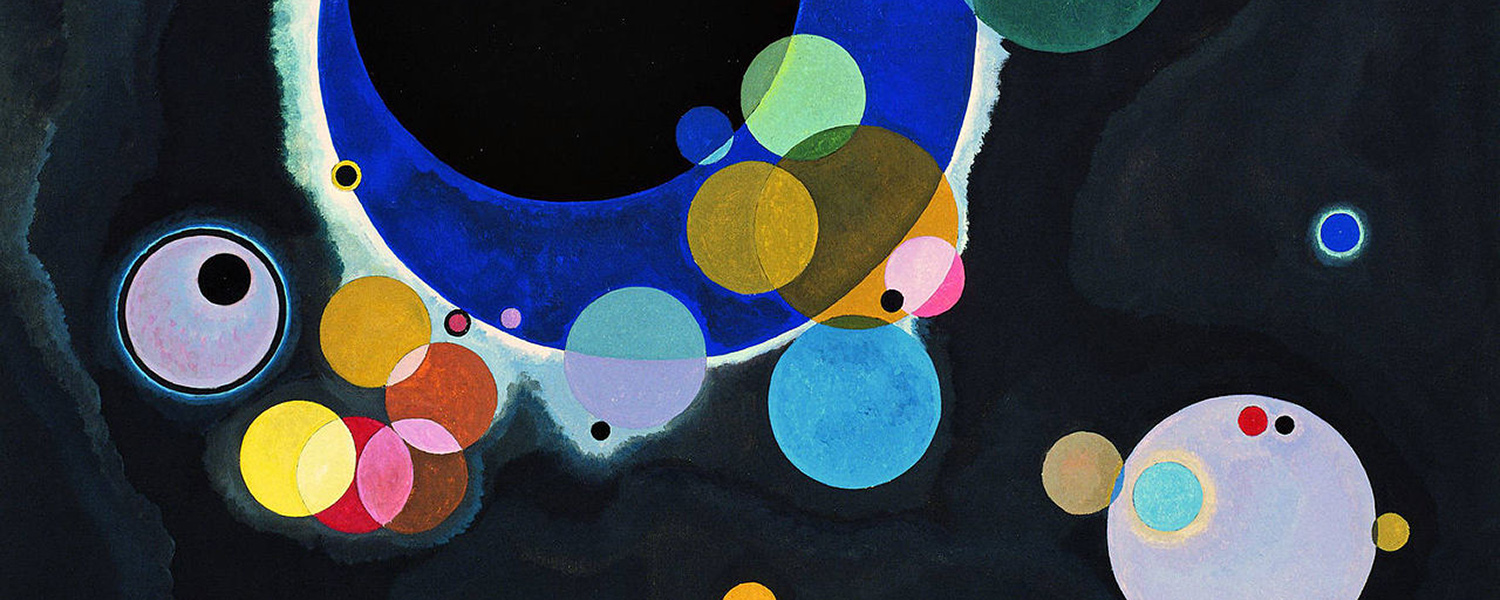by BENJAMIN LIEBESKIND

Modern science is unwittingly echoing Aristotle — and still has much to learn from him.
Why Aristotle, why now, and why in the one area of study where his thought has been most vociferously rejected — why in science? These questions hover over the new essay collection Neo-Aristotelian Perspectives on Contemporary Science. The editors anticipate a negative reception, acknowledging in the introduction that “for the philosopher or scientist who has yet to explore this burgeoning branch of contemporary philosophy, the existence of such anthologies as this one may at first seem surprising (or even perverse).” In the foreword, Thomist philosopher John Haldane wonders if the book is not like “exploring astrological perspectives on astronomy.”
They are right to suspect suspicion. Aristotle occupies a unique place in our modern consciousness. His thought, especially his elevation of teleology — a way of explaining things in terms of purposes and ends — was used as a foil by the founders of the modern scientific project. As the founders’ thought has been passed down to us — third-hand, fourth-hand, and eventually as folklore — Aristotle has become a caricature, a bogeyman, a naïve denizen of the demon-haunted world. Of course, an old astrologer could be simply forgotten. But the modern scientific project defined itself in opposition to Aristotle; his mortification is its cornerstone.
New Atlantis for more
